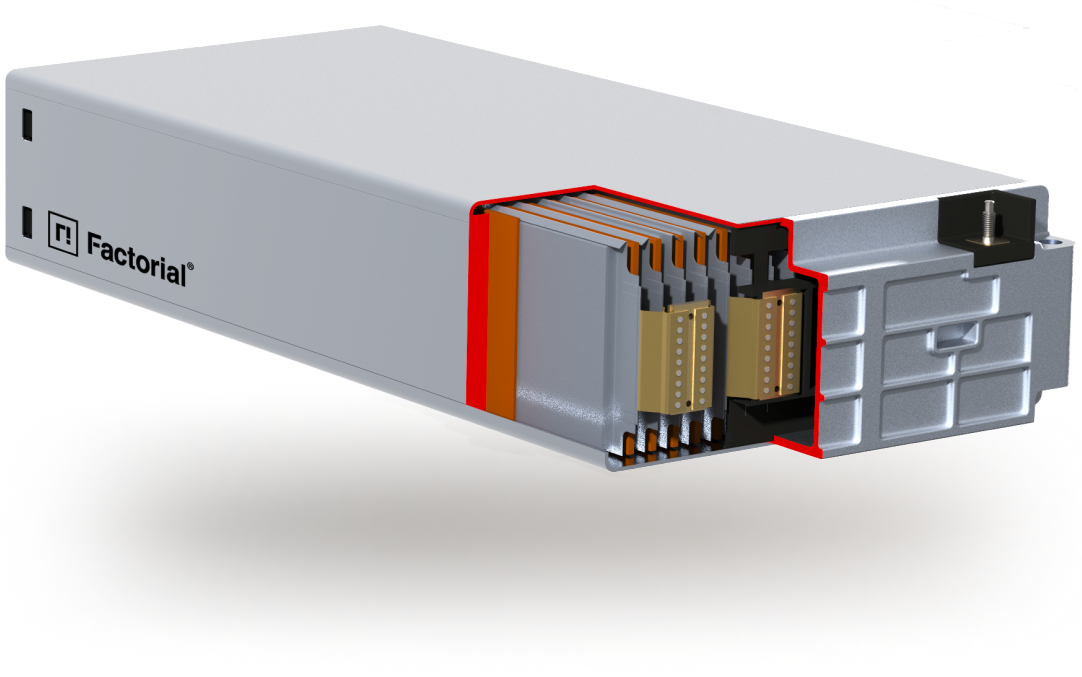A new alliance has been created in the solid-state battery segment. Factorial Inc, a Massachusetts based company, specialised in high-performance solid-state batteries, and LG Chem, the largest chemical company in South Korea, have signed a memorandum of understanding to accelerate the development of solid-state battery materials.
The agreement covers the field of next-generation battery materials by combining LG Chem’s battery material capabilities and Factorial’s next-generation battery material and process innovations. The two companies agreed to further discuss technology licensing and material supply to maintain a strategic partnership for market leadership if the first cooperation step proves to be successful.
“Through this collaboration, we will become technology leaders in the field of next-generation batteries,” said Jong Ku Lee, CTO of LG Chem. “We expect to secure solid-state materials through Factorial’s accumulated experience in next-generation batteries and LG Chem’s superior material technology.”
Siyu Huang, CEO of Factorial commented: “The electric vehicle industry is at the cusp of a much-needed breakthrough in battery technology, and we believe that close supply chain partnerships will help accelerate this transition. Together with LG Chem, we’re advancing the development of critical solid-state battery technology that will unlock the electric vehicle future.”
Factorial has already introduced its solid-state battery technology into joint development agreements with Mercedes-Benz, Stellantis, and Hyundai Motor Company. The company claims that the advantages of solid-state batteries are range per charge and increased safety. The solution should be cost-competitive compared with conventional lithium-ion batteries, 40 % lighter and 33 % smaller. The company’s proprietary FEST® (Factorial Electrolyte System Technology) leverages a solid electrolyte material, which has the potential to enable safe and reliable cell performance with high-capacity cathode and anode materials. FEST® has been scaled in 100+Ah cells, works at room temperature, and is compatible with existing lithium-ion battery manufacturing equipment.












